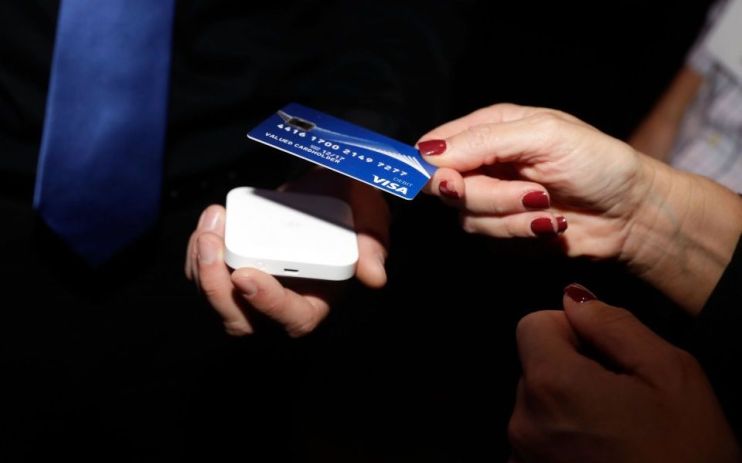Brits lose ‘staggering’ £580m to fraud in six months as banks urge Big Tech to do more

Fraudsters took £580m from Britons during the first six months of 2023, according to a report by banking trade association UK Finance, which urged Big Tech to take more responsibility for online scams.
The group called the issue a “national security threat”, with MPs warning that Britain risks becoming a “safe haven for fraudsters”.
Wednesday’s total cost figure represents a two per cent decrease from the same period last year.
Fraud makes up 41 per cent of crime in England and Wales, while UK Finance called the region “the fraud capital of the world” in May.
The group’s latest report showed 77 per cent of authorised push payment (APP) fraud, where the victim makes the payment themselves, in the first half of 2023 originated online.
A further 45 per cent of APP fraud came from phone calls and texts.
“The fact that currently these sectors bear no responsibility for reimbursing victims means that there is little commercial incentive for them to truly tackle the problem that proliferates on their sites, platforms and networks,” said UK Finance’s economic crime director Ben Donaldson.
“This needs to change. If we are to see a real difference, we need them to do more with us to protect consumers and share the burden of the fight against criminals.”
APP fraud fell by one per cent to £239m compared to the first half of last year but was still 27 per cent higher than the total for the same period in 2020.
The most costly type of APP fraud was investment scams, which experienced a reduction of 2 per cent to £57m.
Donaldson added: “Fraud is an ever-evolving and complex threat to people and businesses and technological change and the greater prevalence of AI will continue to make it more challenging.
“It is only through collective action across government, law enforcement and all industries involved that we can truly stop fraud and protect people from all the harm it causes.”
Dame Meg Hillier MP, chair of the public accounts committee, told City A.M.: “Our report on progress combatting fraud in March warned that the UK risks being seen as a haven for fraudsters, and in September we found that large gaps still remain in the state’s own vulnerability to fraud.
“While it is welcome to see some evidence that fraud levels have apparently fallen slightly this year, the numbers involved remain staggering and any amount is unacceptable.”
She continued: “We were pleased that the government accepted all of the recommendations in our March report — the Home Office must lead the charge on a system-wide approach to bearing down on fraud, including by stepping up its support to police forces to ensure they can tackle fraud more effectively.
“Cooperation from the technology and banking sectors is vital here too in designing out opportunities for these crimes, and government must also move at pace to tighten up holes in its own safeguarding measures.”
The value of prevented fraud rose by 10 per cent to £651m, meaning that the industry stopped 66 per cent of attempted scams.
UK Finance attributed the increase to banks’ advanced security systems, including new warning messages when criminals impersonate financial services firms.
Liz Ziegler, fraud prevention director at Lloyds, also spoke on the matter. She emphasised that “banks have rightly been at the forefront of tackling fraud in recent years”, but acknowledges they “cannot fight it alone”.
“It’s high time tech and social media companies also took responsibility for protecting their own customers, stopping scams at source and contributing to refunds when their platforms are used to defraud innocent victims,” said the fraud prevention director.
This year’s figures also show an increase in reimbursement to victims of fraud.